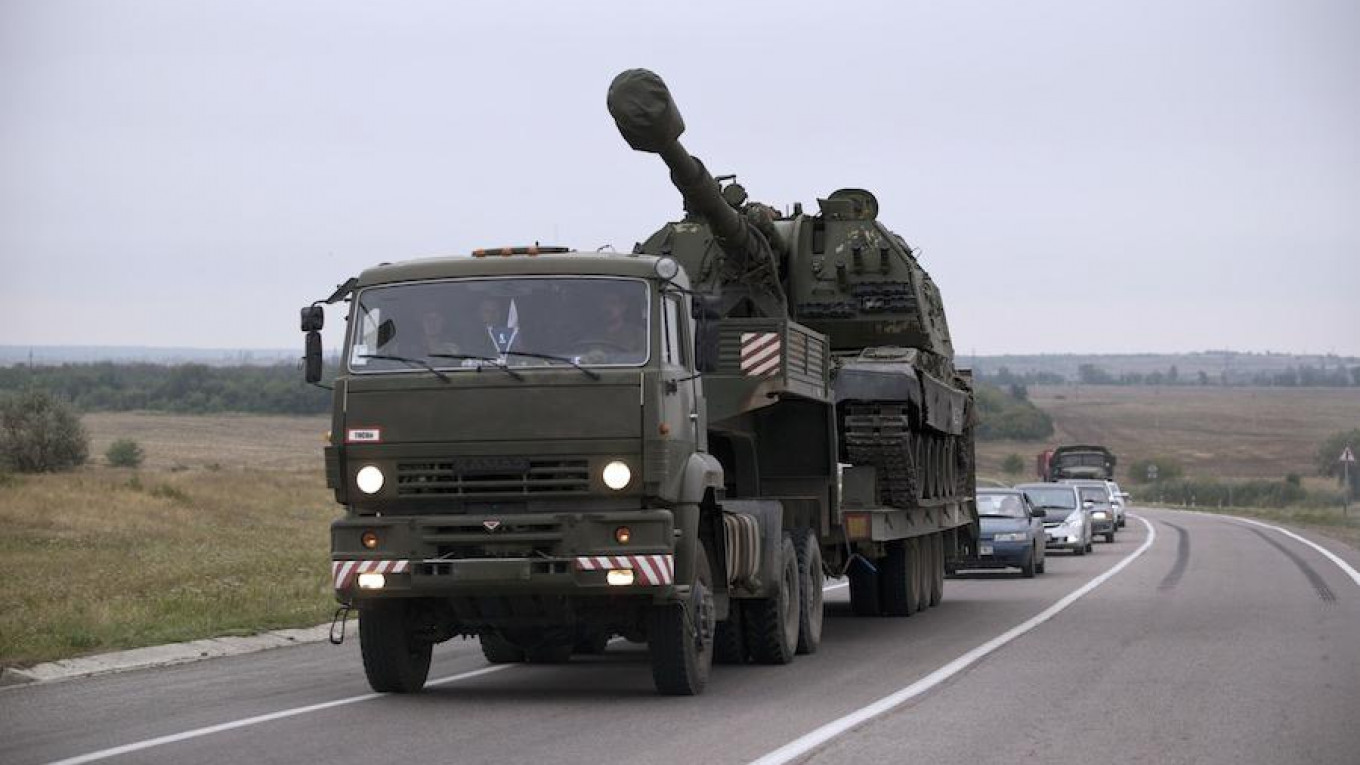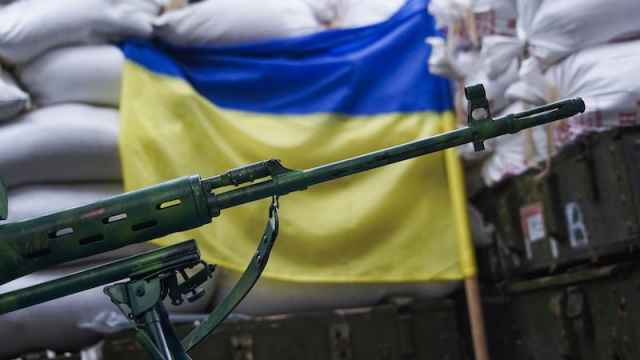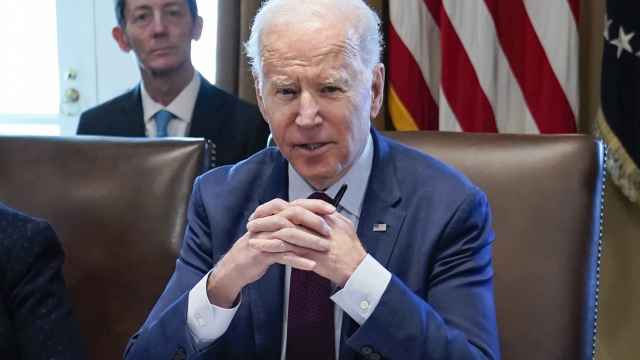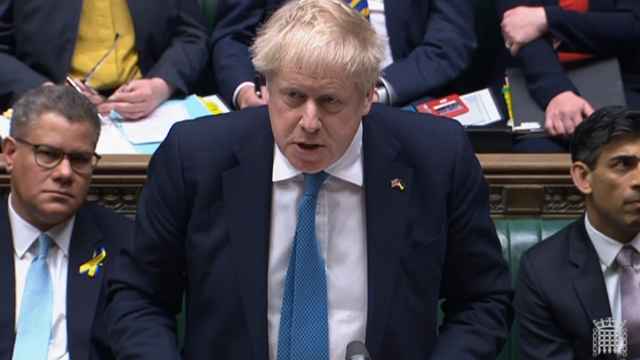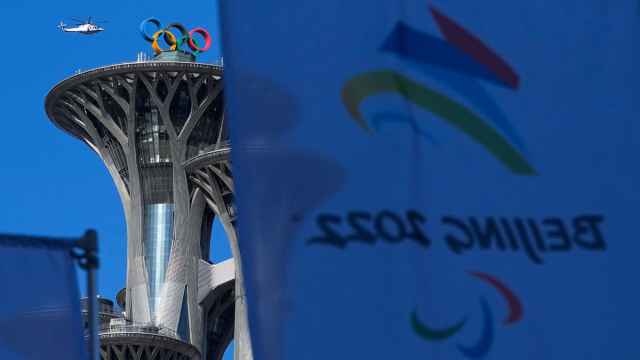The open-source investigation team Bellingcat released a new report on Russian cross-border artillery strikes in Ukraine in the summer of 2014. According to the report, the Russian Armed Forces fired on targets in Ukraine "at least 149 times." An additional 130 locations have been identified as "likely to have been used" as artillery positions.
Based on analysis of shell craters, Bellingcat claims that "thousands of artillery projectiles were fired by the Russian military on targets inside Ukraine in the summer of 2014." The report also says that cross border artillery attacks began in early July 2014 and increased in frequency and scale into August and September.
The report's authors surveyed 2,254 potential sites within 22 km of the Russian-Ukrainian border, based on the approximate maximum range of a 122mm howitzer. Of that, 1,344 sites were found to be not relevant to the investigation, while 518 sites were found to be artillery strikes from inside Ukraine. Each potential firing position was classified by two analysts. A site could be classified as a "likely firing position" only if both analysts agreed.
Likely firing positions were classified based on the type of artillery used. For example, Multiple Launch Rocket Systems (MLRS) such as the BM-21 Grad and BM-30 Smerch leave blast marks on the ground which reveal their position and the direction of fire. In the case of howitzer firing sites, signs like vehicle track marks and dug-in firing positions were used.
The full 45-page report, entitled Putin's Undeclared War: Summer 2014 - Russian Artillery Strikes in Ukraine, can be found on Bellingcat's website in both English and Russian.
A Message from The Moscow Times:
Dear readers,
We are facing unprecedented challenges. Russia's Prosecutor General's Office has designated The Moscow Times as an "undesirable" organization, criminalizing our work and putting our staff at risk of prosecution. This follows our earlier unjust labeling as a "foreign agent."
These actions are direct attempts to silence independent journalism in Russia. The authorities claim our work "discredits the decisions of the Russian leadership." We see things differently: we strive to provide accurate, unbiased reporting on Russia.
We, the journalists of The Moscow Times, refuse to be silenced. But to continue our work, we need your help.
Your support, no matter how small, makes a world of difference. If you can, please support us monthly starting from just $2. It's quick to set up, and every contribution makes a significant impact.
By supporting The Moscow Times, you're defending open, independent journalism in the face of repression. Thank you for standing with us.
Remind me later.


